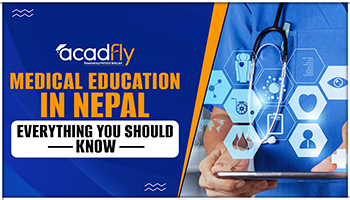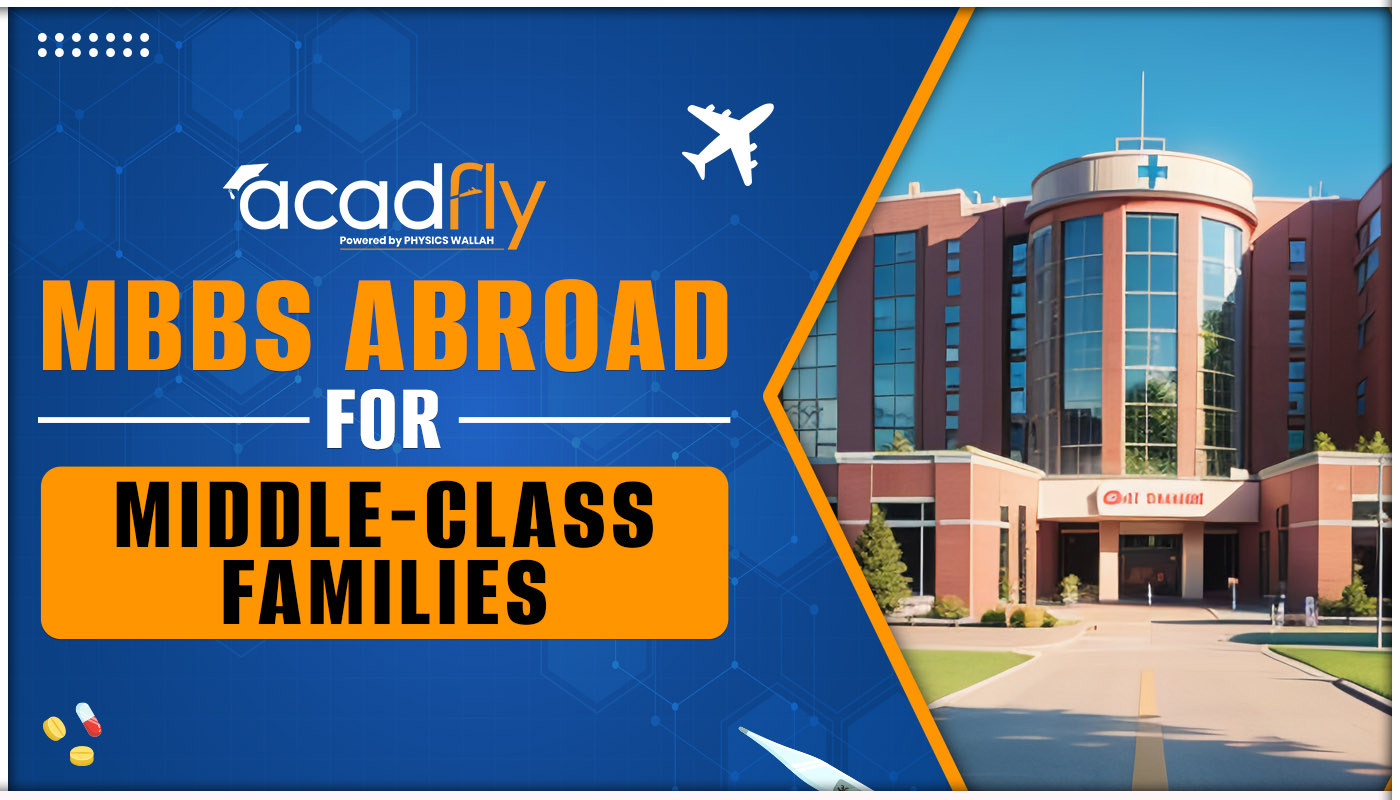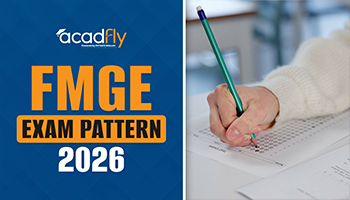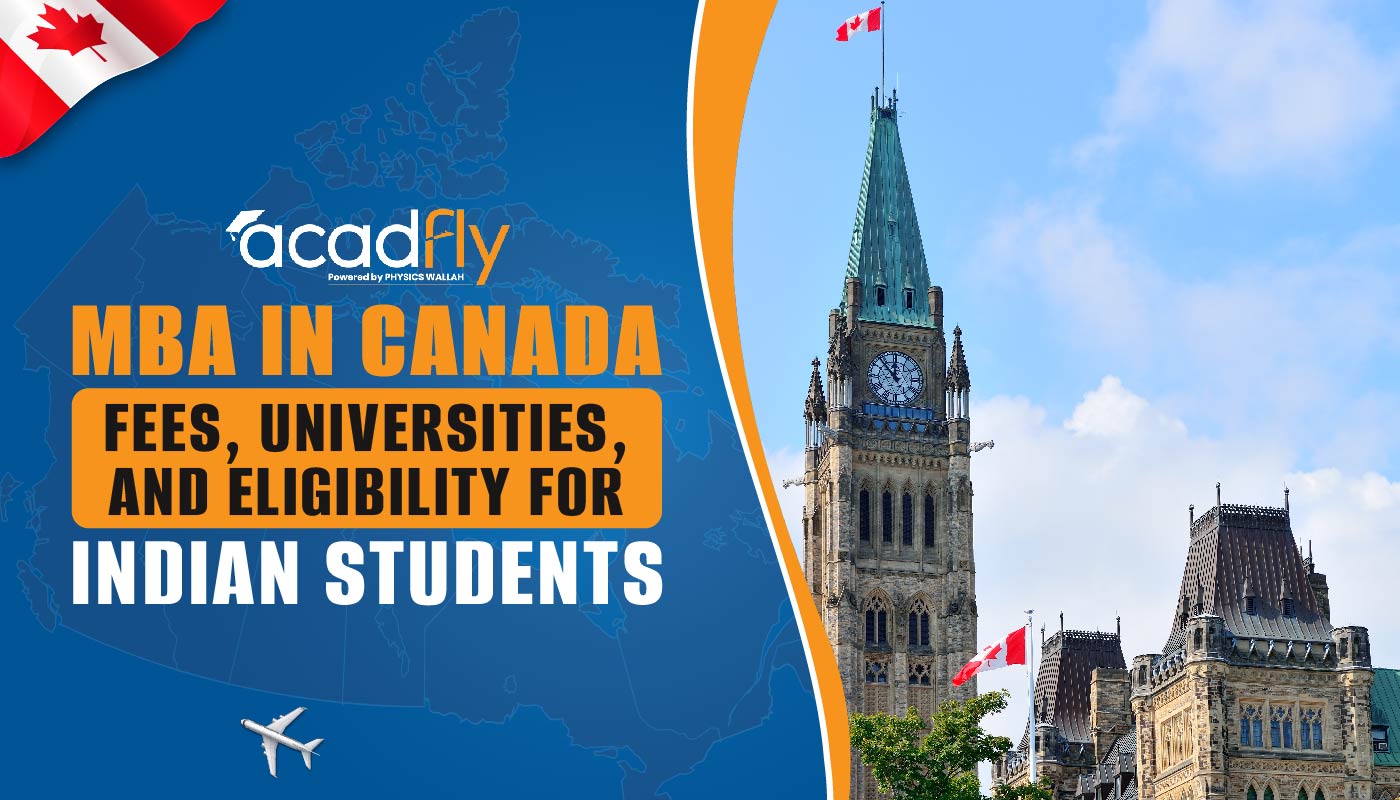

Pursuing an MBBS degree abroad is an exciting opportunity for many students, but the journey doesn’t end with graduation. Medical Licensing After MBBS Abroad is a crucial step that determines whether you can practice medicine in your home country or another region. Understanding the specific licensing and certification requirements for foreign graduates is essential to ensure a smooth transition into your medical career. This process involves navigating various exams, obtaining necessary certifications, and meeting the regulatory standards of the country where you wish to practice.
Understanding Certification Requirements for Foreign Graduates
Understanding the Certification Requirements for Foreign Graduates is essential for those aiming to practice medicine after completing their MBBS abroad. The Medical Licensing After MBBS Abroad involves a series of steps that ensure graduates meet the medical standards of the country where they intend to practice. Each country has specific Certification Requirements for Foreign Graduates that typically include passing licensing exams, proving clinical competency, and sometimes undergoing additional training. Familiarizing yourself with these requirements early in your studies can help you plan effectively.
The Medical Licensing Process for international medical graduates often begins with a comprehensive examination that tests both theoretical knowledge and practical skills. In countries like the United States, this process might involve exams like the USMLE, while in the UK, the PLAB test is required. These exams are designed to assess whether foreign graduates have the necessary medical knowledge and clinical skills to practice safely. Understanding the Certification and Licensing Steps early can help you prepare thoroughly and avoid unnecessary delays.
Post-MBBS Certification is another critical component of the licensing process. After passing the necessary exams, foreign graduates may need to complete a residency or internship program to gain practical experience in a supervised environment. This step is crucial for gaining hands-on experience and demonstrating your ability to apply medical knowledge in real-world scenarios. Each country has its specific requirements for this phase, so it’s important to research and plan accordingly.
Finally, obtaining Licensing for International Medical Graduates involves fulfilling all the regulatory requirements set by the medical board or licensing authority in your desired country of practice. This may include submitting proof of education, passing background checks, and providing evidence of language proficiency if necessary. Successfully navigating these Certification and Licensing Steps is vital to achieving your goal of becoming a licensed medical practitioner abroad.
Navigating the Medical Licensing Process for International Medical Graduates
Navigating the medical licensing process can be complex, especially for international medical graduates who have completed their MBBS abroad. Understanding the specific steps involved in obtaining a medical license is crucial to successfully transitioning into practice in your desired country. Below are key points to help you navigate the process effectively.
Research Certification Requirements for Foreign Graduates
Begin by researching the Certification Requirements for Foreign Graduates in the country where you plan to practice. Each country has unique requirements that may include specific exams, clinical assessments, and additional coursework. Understanding these requirements early will help you plan your licensing journey effectively.
Prepare for the Medical Licensing Process
The Medical Licensing Process typically involves passing a series of exams that assess your medical knowledge and clinical skills. Depending on the country, this might include exams like the USMLE in the United States or the PLAB in the United Kingdom. Preparing thoroughly for these exams is essential to meet the necessary standards for licensure.
Complete Post-MBBS Certification Requirements
Post-MBBS Certification often requires international graduates to complete additional training, such as a residency or internship program. This hands-on experience is crucial for demonstrating your ability to apply medical knowledge in practical settings. Successfully completing this step is key to advancing in the licensing process.
Follow Certification and Licensing Steps
Finally, follow the specific Certification and Licensing Steps outlined by the medical board or licensing authority in your chosen country. This may include submitting necessary documents, passing background checks, and proving language proficiency. Carefully adhering to these steps is vital to obtaining your medical license and starting your career as a licensed practitioner.
Key Post-MBBS Certification Steps for Foreign-Trained Doctors
After completing your MBBS abroad, obtaining the necessary certifications is a critical step toward practicing medicine in your desired country. The process involves several key steps that ensure you meet the standards required for medical practice. Below are the essential post-MBBS certification steps for foreign-trained doctors.
Understand Certification Requirements for Foreign Graduates
The first step in the process is to understand the Certification Requirements for Foreign Graduates in the country where you wish to practice. This typically involves passing exams, verifying your medical education credentials, and meeting any additional requirements specific to that country. Knowing these requirements upfront is crucial for smooth progression.
Navigate the Medical Licensing Process
Successfully navigating the Medical Licensing Process is central to obtaining your license. This process usually includes standardized exams, such as the USMLE in the U.S. or the PLAB in the UK, which assess your medical knowledge and clinical skills. Thorough preparation for these exams is essential to meet the licensing standards.
Complete Post-MBBS Certification Programs
Post-MBBS Certification often requires completing additional training programs, such as internships or residencies, especially for international medical graduates. These programs provide practical experience and are mandatory in many countries. Completing this training is a key step in the licensing journey and is necessary for advancing to the next stage.
Follow the Certification and Licensing Steps
Finally, follow the outlined Certification and Licensing Steps specific to your target country. This may include submitting various documents, undergoing background checks, and proving your proficiency in the local language. Adhering to these steps meticulously is vital to achieving your goal of becoming a licensed medical professional after studying MBBS abroad.
Comprehensive Licensing for International Medical Graduates
Obtaining a medical license after completing your MBBS abroad is a comprehensive process that requires careful planning and adherence to various requirements. The journey begins with understanding the Certification Requirements for Foreign Graduates in the country where you intend to practice. These requirements often include the verification of your medical degree, passing specific exams, and meeting any additional local criteria. It is essential to familiarize yourself with these requirements early to ensure a smooth transition into the medical licensing process.
The Medical Licensing Process itself involves multiple steps, starting with standardized exams that assess your medical knowledge and clinical skills. Exams like the USMLE in the United States or the PLAB in the United Kingdom are common examples that international medical graduates must pass. These exams are rigorous and require thorough preparation to meet the necessary standards. Successfully navigating these exams is a critical component of the licensing process, as they demonstrate your ability to practice medicine at a professional level.
After passing the required exams, the next step often involves completing Post-MBBS Certification programs such as internships or residency training. These programs provide essential hands-on experience and allow you to apply your medical knowledge in real-world clinical settings. Many countries mandate this additional training as part of the certification process for foreign graduates. Completing these programs not only fulfills licensing requirements but also equips you with the practical skills needed for a successful medical career.
Finally, the process concludes with fulfilling the specific Certification and Licensing Steps outlined by the medical board or licensing authority in your chosen country. This may involve submitting detailed documentation, undergoing background checks, and proving language proficiency. Adhering to these steps meticulously is crucial for obtaining your medical license. By following these comprehensive steps, international medical graduates can successfully navigate the complexities of Medical Licensing After MBBS Abroad and embark on a rewarding career in medicine.
Essential Certification and Licensing Steps After MBBS Abroad
Obtaining a medical license after completing your MBBS abroad involves several crucial steps that ensure you meet the standards required to practice medicine in your chosen country. Below are the essential certification and licensing steps for international medical graduates.
Verify Certification Requirements for Foreign Graduates
Understanding the Certification Requirements for Foreign Graduates is the first step in the licensing process. This includes verifying your medical degree, checking the specific exams required, and identifying any additional prerequisites set by the country where you plan to practice. Early awareness of these requirements is key to navigating the licensing process smoothly.
Prepare for and Complete the Medical Licensing Process
The Medical Licensing Process typically involves passing a series of exams that assess your medical knowledge and clinical abilities. Depending on your destination, this could involve tests like the USMLE in the United States or the PLAB in the United Kingdom. Thorough preparation is crucial for success in these exams, as they are a critical part of the licensing pathway.
Fulfill Post-MBBS Certification Requirements
After passing the required exams, you may need to complete Post-MBBS Certification programs such as internships or residency training. These programs provide hands-on experience and are often mandatory for foreign graduates. Successfully completing this step is essential for demonstrating your clinical competency and readiness to practice independently.
Follow the Final Certification and Licensing Steps
The final phase includes following the detailed Certification and Licensing Steps provided by the medical board or licensing authority. This might involve submitting documents, undergoing background checks, and proving language proficiency. Adhering to these steps meticulously is vital to securing your medical license and beginning your career as a licensed physician after studying MBBS abroad.
Frequently Asked Questions
1. What is the first step in the medical licensing process after MBBS abroad?
2. What exams are typically required for medical licensing abroad?
3. Do I need additional training after completing my MBBS abroad?
4. How do I complete the final steps for medical licensing?









